Piagol
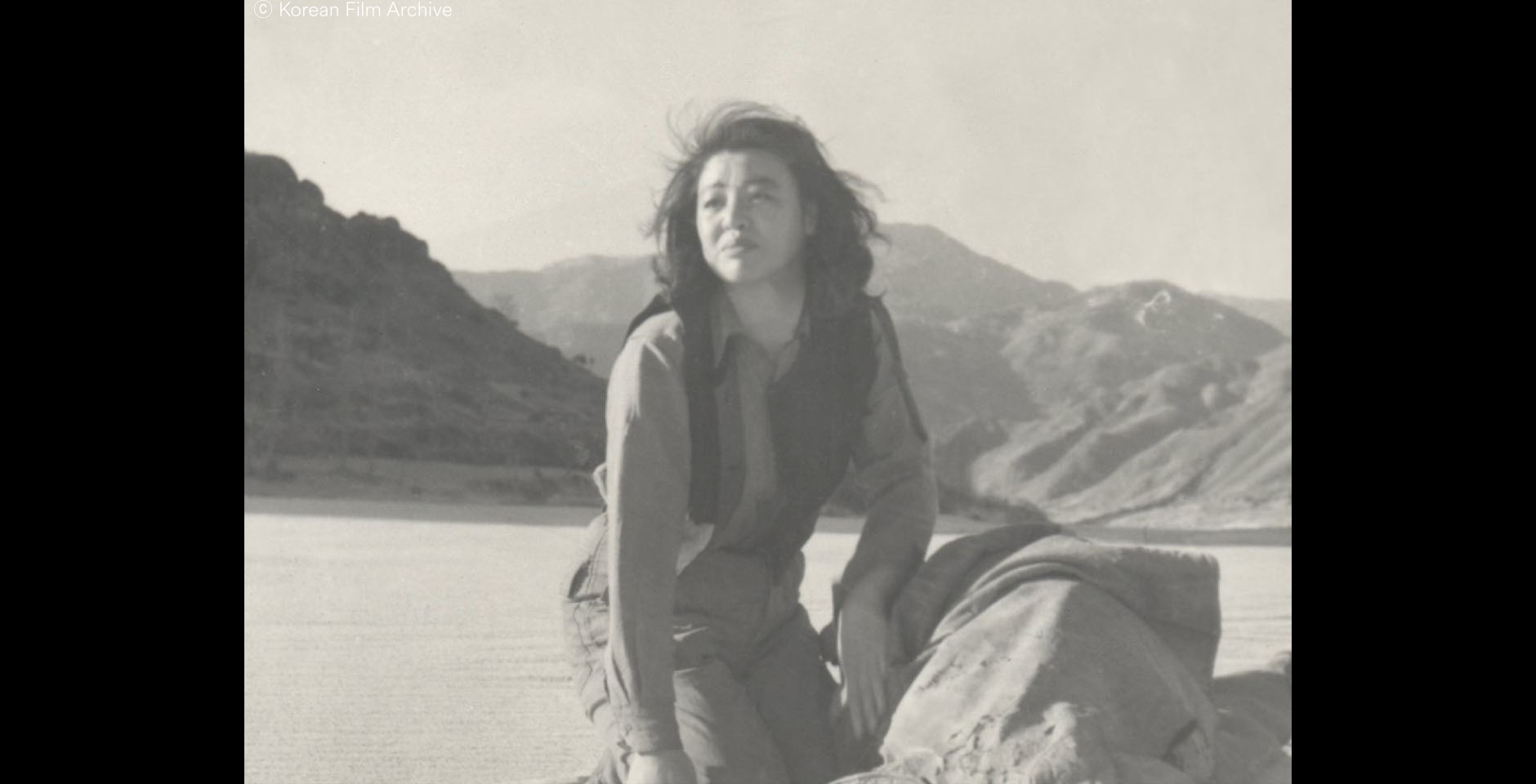
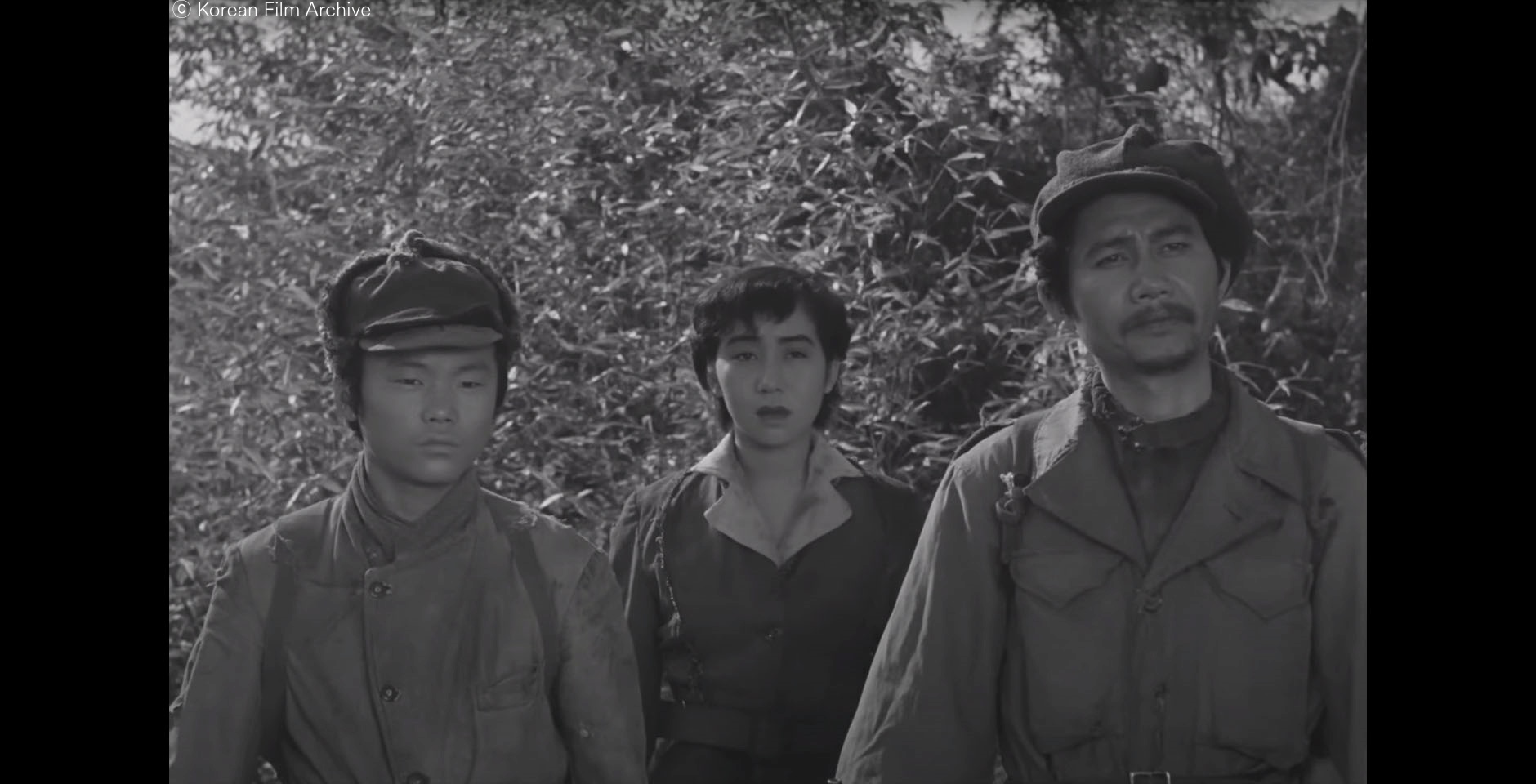
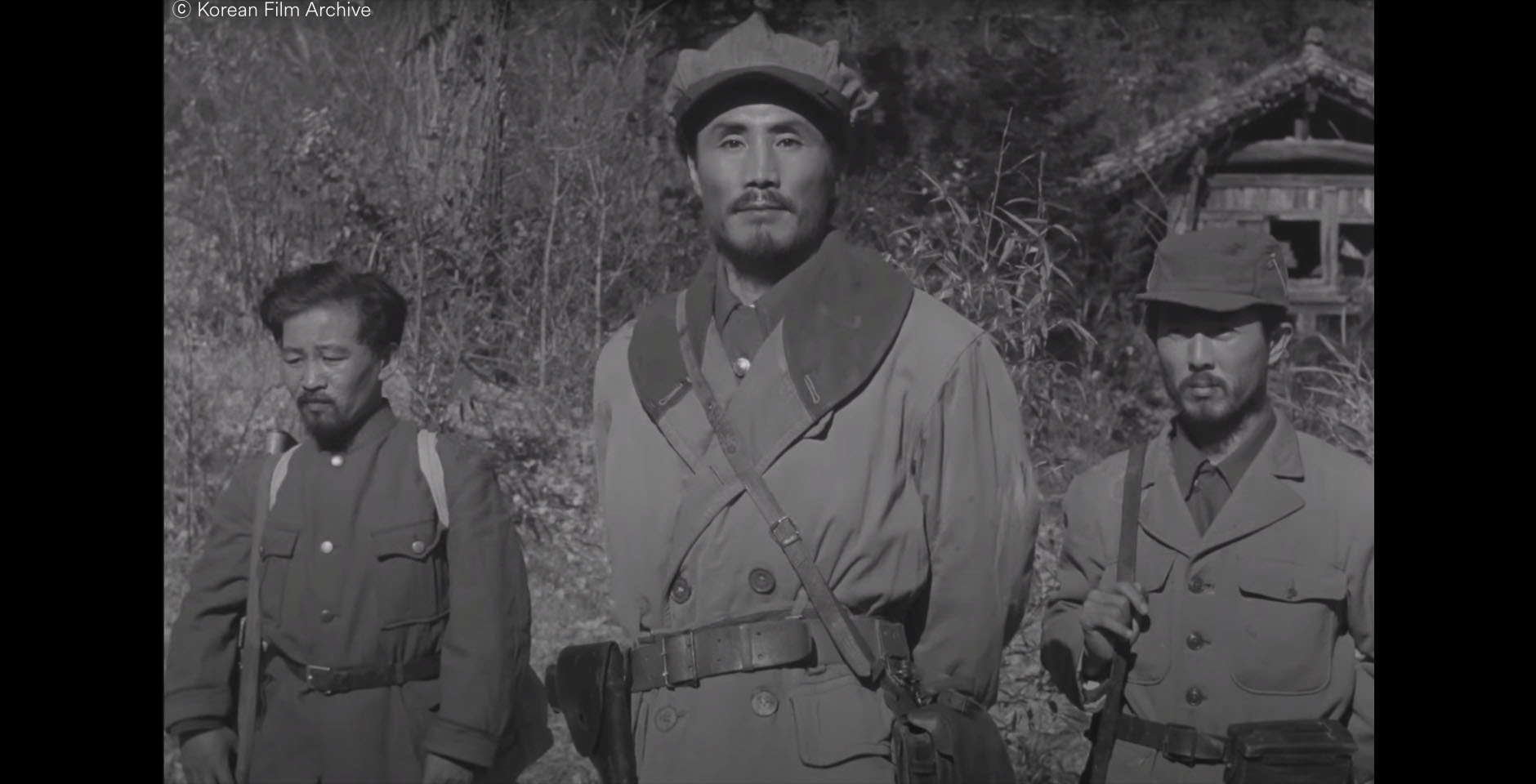
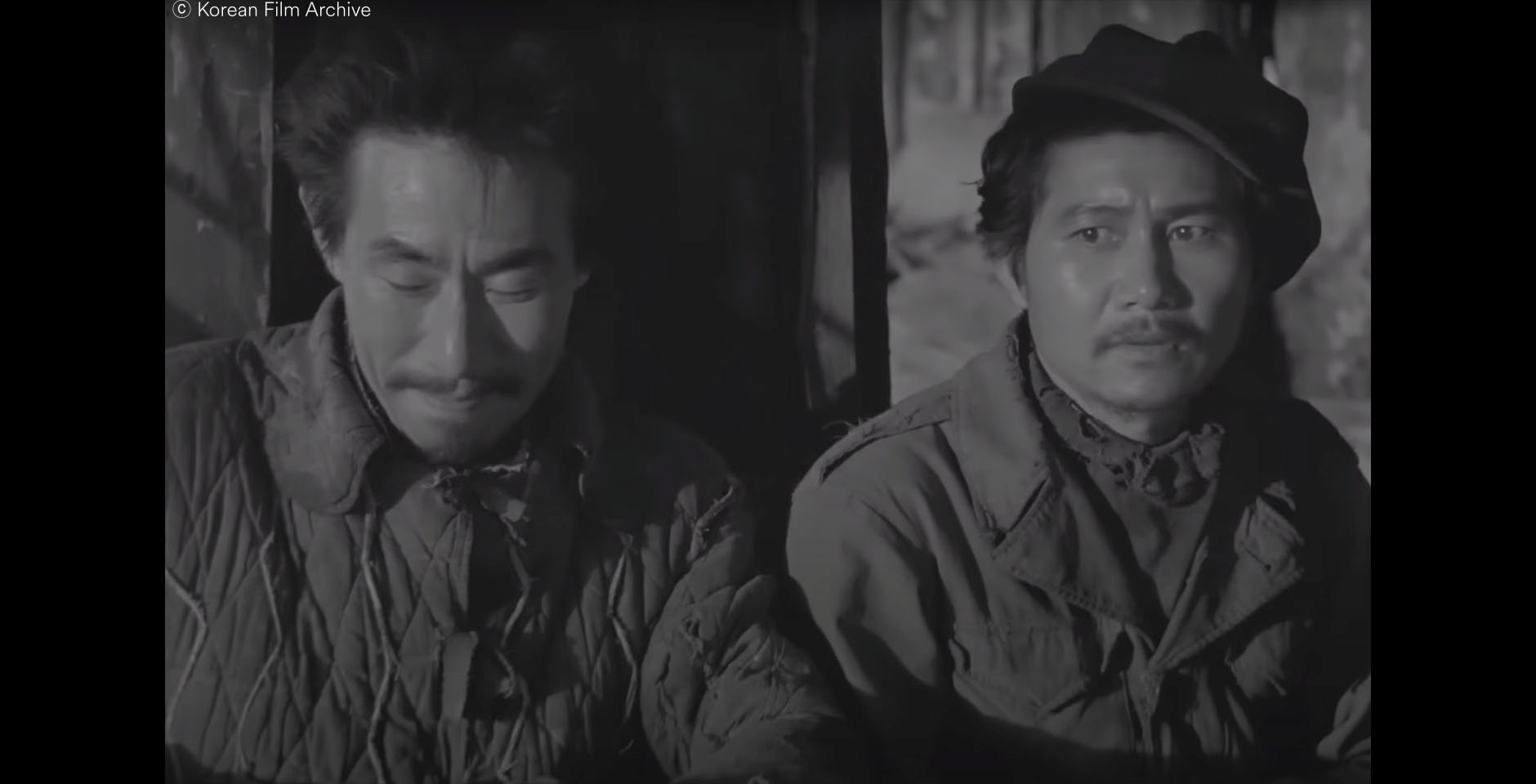
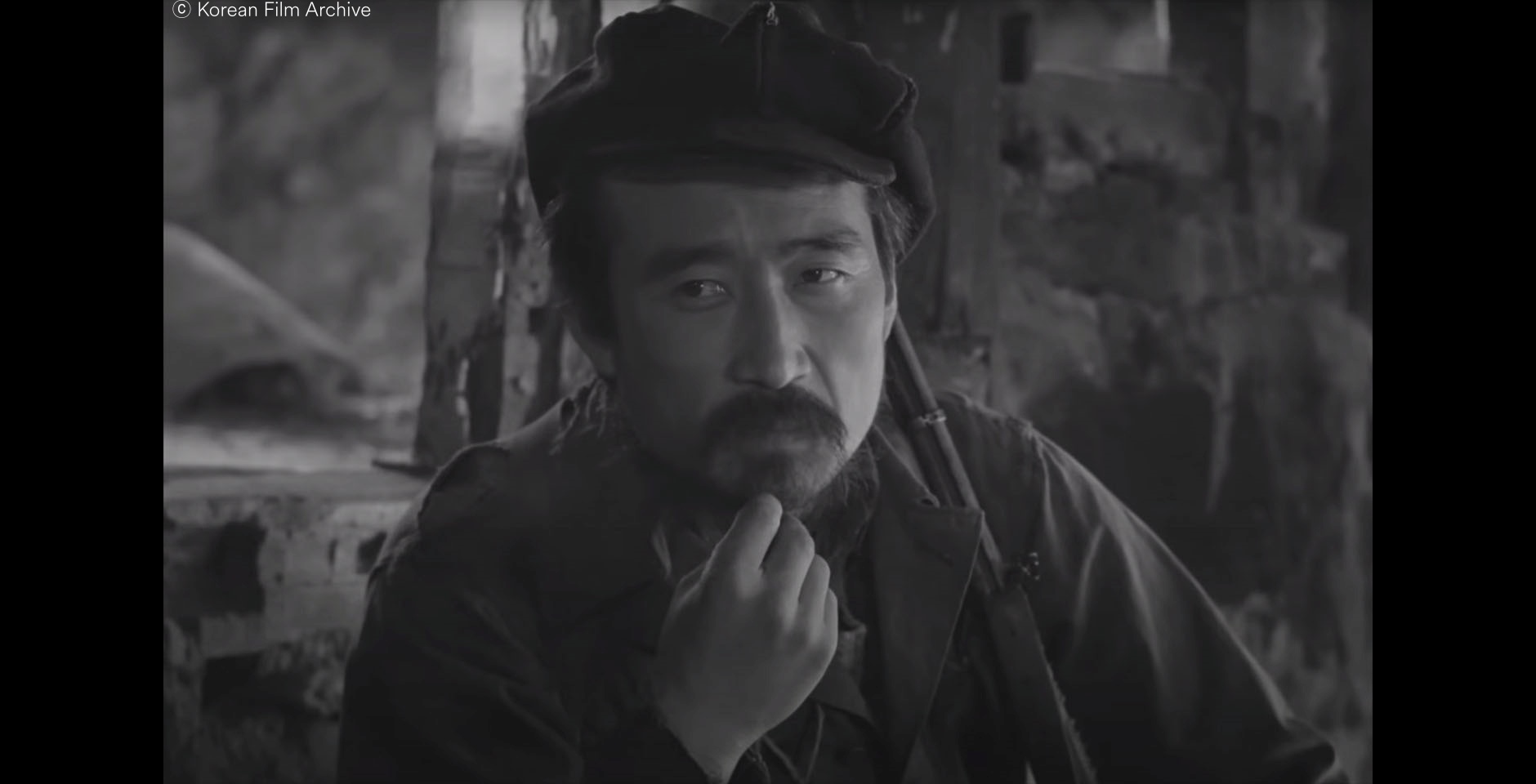
The partisan troops that have their base in Mt. Jiri commit all kinds of evil, led by their leader ‘Agari’. Chul-soo slowly loses faith in communism and remains guarded against Ae-ran’s affection. One day, one of the female troops So-joo is raped and killed, triggering a conflict among the troops. To make matters worse, a government suppression of the Mt. Jiri communist guerilla begins. While Ae-ran and Chul-soo narrowly escape, they feel disillusioned by partisan life and attempt to break free, but are caught by the boss.
* Source: Korean Film Archive
Less -
Piagol is director Lee Kangcheon’s second feature, based on the records and notes obtained by Kim Jong-hwan, a public relations officer of the Jeonbuk Police Bureau, during the suppression of partisan troops in Mt. Jiri. The film portrays the process of the remaining partisan troops in Mt. Jiri collapsing due to inner struggles and internal discords among the members following the armistice. It unfolds the story around Chul-soo, an intellectual who harbors doubts about communist ideologies; Agari, a ruthless leader driven by his ideological convictions; Ae-ran, a loyal and level-headed individual, who holds an affection for Chul-soo; and Man-soo, an opportunist. At the time of production, the film received substantial support from the military. However, its humanizing portrayal of the partisan troops raised concerns, resulting in a ban on its screening. After scene modifications, it was eventually released to critical acclaim as a seminal work of anti-communist humanism. Piagol not only serves as a precursor to anti-communist films embracing humanism, transcending the dichotomy of good and evil, but also stands as a masterpiece in the lineage of Korean realism cinema.(PARK Seho)
Less -
Korean Film Archive⎜program@koreafilm.or.kr
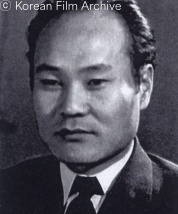
LEE Kangcheon